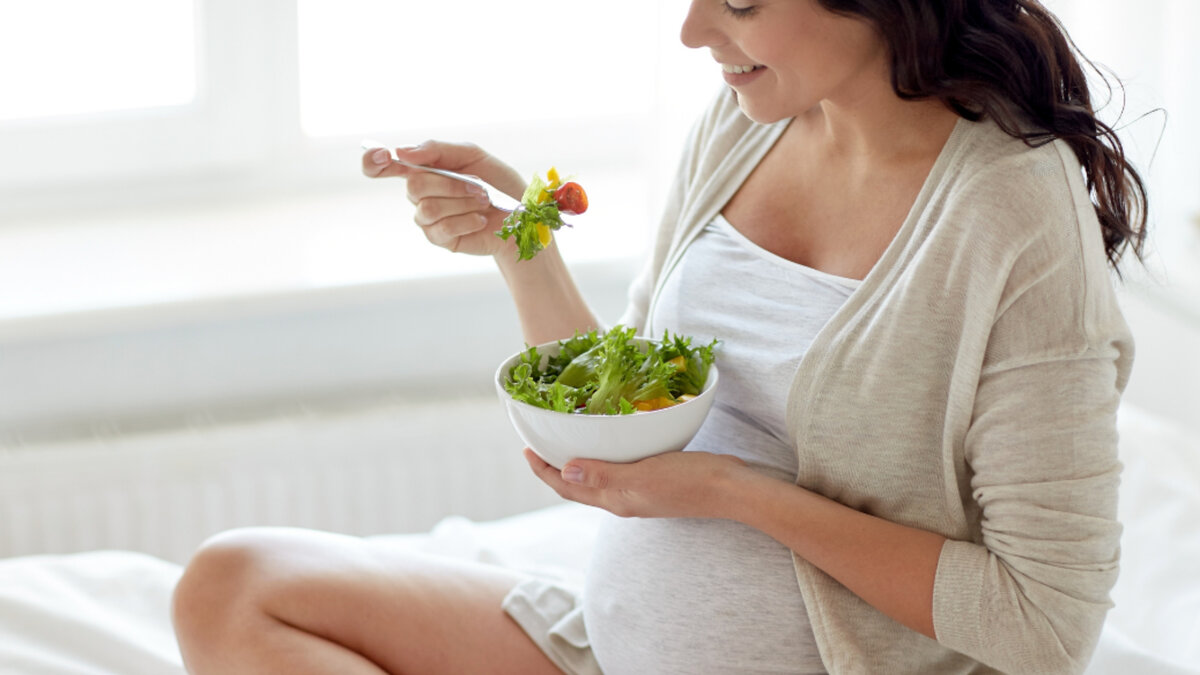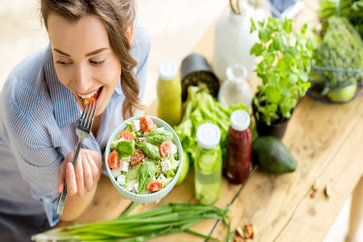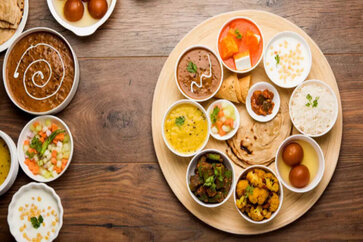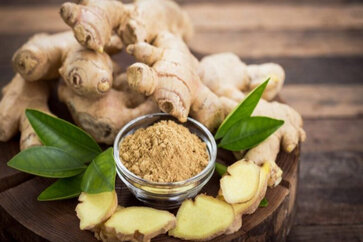Indian Foods to Avoid During Pregnancy for Optimal Health
Pregnancy is a beautiful phase in a woman’s life, filled with anticipation and joy. It is important to prioritize the health and well-being of both the mother and the baby during this crucial time. A balanced and nutritious diet plays a significant role in ensuring a healthy pregnancy. 
While there are numerous Indian foods that are beneficial for expecting mothers, there are also some foods that should be avoided due to the potential risks they pose. In this article, we will discuss the common Indian foods to avoid during pregnancy to ensure a safe and healthy journey for both mother and baby.
During pregnancy, a woman’s immune system undergoes changes, making her more susceptible to foodborne illnesses and other complications. Therefore, it is crucial to be mindful of the food choices. Let’s delve into the top 14 Indian foods that should be avoided during pregnancy.
1. Raw Papaya
Raw papaya contains an enzyme called papain, which has the potential to induce contractions and increase the risk of miscarriage or premature labor. It is strongly recommended to refrain from consuming raw papaya while pregnant to minimize any potential complications.
2. Pineapple
Pineapple contains an enzyme called bromelain, which has the ability to soften the cervix and potentially trigger premature contractions. It is advisable to avoid consuming pineapple, especially during the early stages of pregnancy, to minimize the risk of any complications.
3. Sesame Seeds
It is believed that sesame seeds have a warming effect on the body, which can be potentially harmful during pregnancy. Consuming excessive amounts of sesame seeds may result in uterine contractions and other possible complications. Therefore, it is advisable to exercise caution and limit the consumption of sesame seeds while pregnant.
4. Fenugreek Seeds
Fenugreek seeds, commonly used in Indian cuisine and recognized for their numerous health benefits, should be consumed in moderation during pregnancy. These seeds have the potential to stimulate the uterus and possibly induce contractions. Therefore, it is advised to exercise caution and limit the intake of fenugreek seeds while pregnant.
5. Ajinomoto (Monosodium Glutamate)
Ajinomoto, also known as MSG, is a popular flavor enhancer utilized in numerous processed foods. It is recommended to refrain from consuming foods containing MSG during pregnancy due to potential adverse effects on the developing fetus. It is advisable to avoid such foods to ensure the well-being of the baby.
6. Raw Sprouts
Raw sprouts, such as mung bean sprouts, alfalfa sprouts, and radish sprouts, may contain harmful bacteria like Salmonella and E. coli. These bacteria can pose a risk of food poisoning, which should be avoided during pregnancy to ensure the well-being of both the mother and the baby.
7. Caffeine
While a cup of tea or coffee can be refreshing, it is important to limit caffeine intake during pregnancy. Excessive caffeine consumption has been linked to an increased risk of miscarriage and low birth weight. It is advisable to opt for decaffeinated beverages or herbal teas instead.
8. Unpasteurized Milk and Dairy Products
Unpasteurized milk and dairy products can contain harmful bacteria such as Listeria, which can lead to foodborne illnesses and pose a risk to the developing baby. It is essential to choose pasteurized milk and dairy products for consumption during pregnancy.
9. Street Food
Although street food may be tempting, it presents a greater risk of contamination and foodborne illnesses. The hygiene practices at street food stalls may not always meet optimal standards, making it advisable to refrain from consuming street food during pregnancy. Prioritizing safer food options is important to ensure the well-being of both the expectant mother and the baby.
10. Undercooked or Raw Eggs
Consuming undercooked or raw eggs can expose one to Salmonella bacteria, which can lead to food poisoning. It is crucial to ensure eggs are cooked thoroughly before consuming them during pregnancy to mitigate the risk of such infections. Taking this precautionary measure is essential to safeguard the health of both the expectant mother and the developing baby.
11. High-Mercury Fish
Certain fish species such as shark, swordfish, king mackerel, and tilefish are known to contain high levels of mercury. Mercury can be harmful to the baby’s developing nervous system. Pregnant women should avoid consuming these types of fish and opt for low-mercury alternatives like salmon or trout.
12. Achar (Pickles)
Indian pickles, commonly known as achar, are often made with oil, salt, and various spices. They have a high salt content, which can lead to water retention and increased blood pressure during pregnancy. It is advisable to consume pickles in moderation or opt for homemade ones with reduced salt content.
13. Papadums
Papadums are thin and crispy lentil crackers commonly served as an accompaniment to Indian meals. They are deep-fried, which makes them high in oil and calories. Excessive consumption of papadums during pregnancy can contribute to unnecessary weight gain. It is best to enjoy them in moderation.
14. Alcohol
Consuming alcohol during pregnancy can result in significant complications, including the development of fetal alcohol syndrome. It is highly recommended to completely abstain from alcohol throughout the entire duration of pregnancy. Taking this proactive step is essential to ensure the well-being and healthy development of the unborn baby.
Conclusion
During pregnancy, it is crucial to make informed choices about food consumption to ensure the well-being of both the mother and the baby. This article highlighted the top Indian foods that should be avoided during pregnancy due to the potential risks they pose.
By following a balanced and nutritious diet and avoiding these foods, expecting mothers can promote a healthy pregnancy and the optimal development of their baby.
FAQs (Frequently Asked Questions)
1. Can I have a small amount of raw papaya during pregnancy?
It is best to avoid raw papaya altogether during pregnancy, as it contains an enzyme that can trigger contractions and lead to complications.
2. What can I have instead of caffeine during pregnancy?
Instead of caffeinated beverages, you can opt for decaffeinated coffee or tea, herbal teas, or naturally flavored water.
3. Can I consume homemade pickles during pregnancy?
Yes, you can consume homemade pickles during pregnancy. However, it is advisable to make them with reduced salt content and consume them in moderation.
4. Can I have fish during pregnancy?
Yes, you can have fish during pregnancy, but it is important to choose low-mercury options such as salmon or trout and avoid high-mercury fish species.
5. Is it safe to consume any amount of alcohol during pregnancy?
No, it is strongly advised to completely avoid alcohol throughout pregnancy to prevent any potential harm to the developing baby.
References:
- Papaya (Carica papaya) consumption is unsafe in pregnancy: fact or fable? Scientific evaluation of a common belief in some parts of Asia using a rat model(1)
- Pineapple in Pregnancy: Benefits & Risks(2)
- Prenatal Exposure to Fenugreek Impairs Sensorimotor Development and the Operation of Spinal Cord Networks in Mice(3)
- Effects of maternal oral administration of monosodium glutamate at a late stage of pregnancy on developing mouse fetal brain(4)
- Food safety for pregnant women(5)
- Impacts of Caffeine during Pregnancy(6)


























